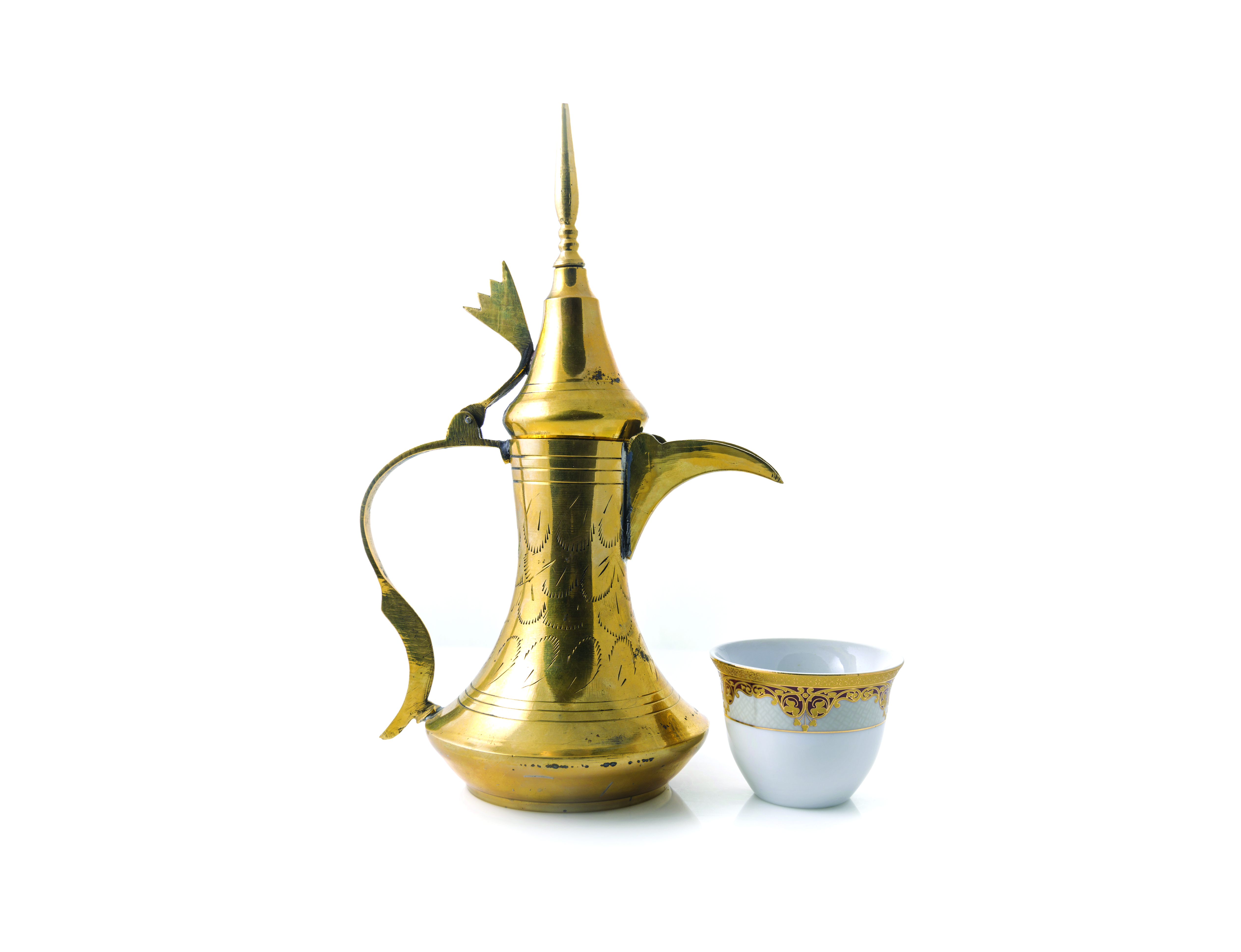
Young, old, male or female – there are very few who can resist the temptation of the legendary Omani coffee. Strong and simply delicious, this traditional drink, however, has a dark side brewing, with doctors warning that an excess of Omani coffee could lead to potential health problems.
Love for Omani coffee
Omani coffee or kahwa plays an important role in the lives of citizens, especially those living away from home. Take for instance Sabrina Al Busaidi who studied in Sheffield, England for four years. During that time, Sabrina says, the presence of Omani coffee at student gatherings was prominent. She says, “I first tried coffee when I was 10 years old, but I began drinking it regularly when I was in the UK. My Omani colleagues would bring back coffee beans from home and we would have coffee at all our gatherings.”
Abdullah Al Maqhusi a self-confessed lover of coffee says that he consumes a minimum of nine cups a day: Three every morning, afternoon and evening. And even though he cannot do without it, Abdullah says, “If not made well coffee causes acidity, which can be very painful, so I am very careful about the quality of the coffee I have.”
Leaving a mark behind
So what makes Omani coffee so different? Talking about this Dr Nabeel Yousif Saleh, General Physician at Burjeel Hospital, says, “Omani coffee is stronger because of the way it is prepared, it is dark and is highly concentrated. When coffee is boiled for a longer period (as is the case of Omani coffee) more amount of caffeine is extracted.”
While kahwa leaves an amazing aftertaste, it’s not the only thing it leaves behind. Shedding more light on the effects that it has on oral health, Dr Laila Harub a dentist in the Sultanate says, “From a cosmetic point of view, coffee stands out as a negative drink. It causes a lot of staining and discolouration of the teeth.” She adds, “Some patients also reported bad breath (halitosis) and a change of taste due to the alteration in papillae on the tongue that is responsible for taste. In minor cases, when coffee is consumed when it is burning hot, patients could develop traumatic thermal ulcers, which could take at least seven to 10 days to heal.”
Dr Priya Rajeev, from Al Essa Dental Clinic, says, “The main issue with the daily intake of coffee is staining. We advise cleaning twice a year at a cost of OMR20-30.”
But that’s not the only side effect that an excess consumption of coffee can have on the human body. Doctors say that problems could range from something as small as indigestion to much more severe issues like sleep deprivation and in some cases heart-related problems as well.
According to a statement by the National Business Centre, Oman, globally, the substance that is used the most daily after oil is coffee. And Dr Saleh says, “The common issue with excess consumption of coffee is sleep deprivation. Usually 70 per cent of people suffer from disruptive sleep patterns when they consume coffee four hours before they go to bed. However, there are some whose body gets used to high levels of caffeine, due to excess consumption, and in order to feel the effect of coffee they increase their intake.” The stomach is another organ that can be affected due to excess caffeine. “When people drink coffee on an empty stomach it could lead to gastric irritation and gastritis which is the inflammation of the lining of the stomach. It could also cause dyspepsia or indigestion,” says Dr Saleh who adds that caffeinated drinks like this disrupt the absorption of iron and could lead to an iron deficiency.
In some cases, people tend to have heart palpitations too because the more caffeine they consume the faster their heart races. Dr Saleh says, “Some people suffer from palpitations (where the heart beats faster than normal) due to a high intake of coffee. Because of the increase in the heart rate, people could develop high blood pressure and this further puts more pressure on the organ.”
Studies have also shown that coffee is bad news for those suffering from anxiety issues and too many cups could leave one feeling jittery and nervous, adding to the body’s constant “flight or fight mode”.
So what then is the suggested amount of coffee that one can safely consume? As is with everything doctors believe sticking to moderation is the key. “The suggested amount of coffee is one to two cups a day. What is important is to note that the meaning of “a day” is 24 hours and not just daytime,” adds Dr Saleh.
Omani coffee is a fundamental part of Omani tradition, but the next time you pick up your fifth or sixth cup of coffee in one day, ask yourself if it is worth all the trouble.